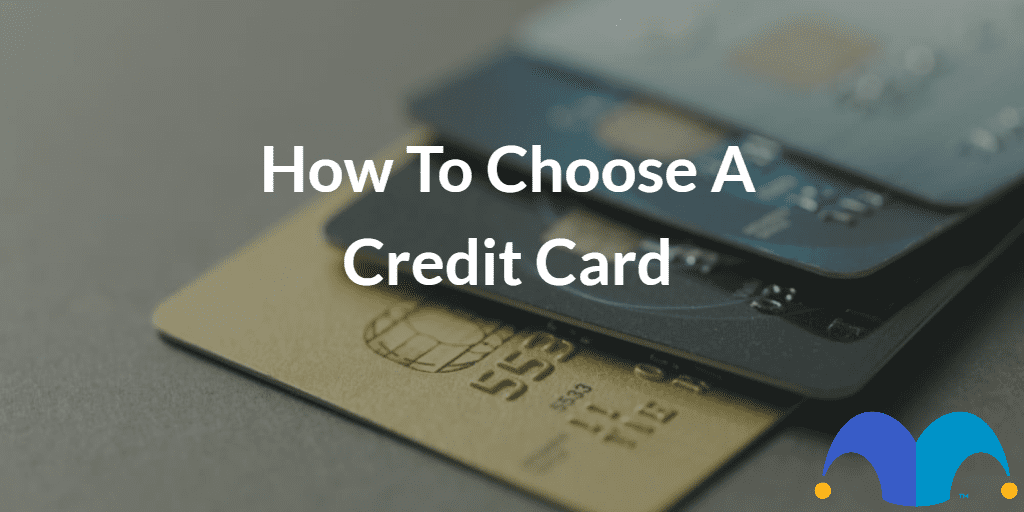Credit cards have a wide range of uses, offer a variety of perks and provide the obvious benefit of easy, simplified credit. Knowing how to choose a credit card that will hit your personal finance journey right in the sweet spot takes some sussing out, and you will need to think carefully about your needs.
1. Decide what you need a credit card for
Choosing a credit card company isn’t a one-size-fits-all process. You need to know the financial problem you want the credit card to solve, or the financial goal you want it to help you achieve.
Helping with month-end shortfalls
If you find that the last week before payday seems to drag and you just need some credit to help tide you over, then you have a wide range of options available to you. This is because:
- You’re in a position to settle the balance within the interest-free period, which is usually between 30 and 55 days.
- You’re not concerned about rewards and perks.
- Cards are available with no monthly or annual card fee, making them cheaper than other finance options, such as an overdraft facility.
These cards are usually entry-level, no-frills cards that have a standard offering. They might have a perk or two, such as free supplementary cards or a small cashback programme.
Building or rebuilding your credit score
A credit card is a great way to build credit as it has an impact on your credit rating with all the credit bureaus. Manage it well, and you can build a credit score in as little as six months. If you’ve had some financial trouble and need to boost your credit rating, then a credit card can help with that too.
Bad credit credit cards usually don’t have many perks apart from being a means to boost your credit score. It’s also worth noting that the credit limits tend to be on the low side, and interest rates and costs can be high.
Accessing rewards and perks
There are a number of rewards and benefits available on credit cards. While it’s hard to find a card that offers all in one go, look for a card that offers a healthy mix or that fits your needs the best.
Examples of rewards and benefits include:
- Traveller rewards such as miles or points
- Access to airport lounges
- 0% currency conversion rates when travelling abroad
- Cashback on purchases
- Special offers with selected partners
When you sign up for a card based on the rewards offered, it’s worth comparing the cost of the card with the benefit received to ensure you have the best deal.
Dealing with high interest or multiple credit cards
0% interest credit cards are a huge hit with customers who have debt with high interest rates. These cards allow you to transfer the balances of existing credit and store cards to allow one easy payment.
A 0% credit card works well when you’re able to transfer high-interest debt and pay it off within the 0% interest period. When the card’s standard interest rate kicks in, you want the balance to be as close to zero as possible.
2. Choose the best credit card for you
There are a number of banks and credit card companies that offer a wide selection of credit cards. It’s not always easy to choose the one that’s right for you. Sometimes, you may find an overlap of benefits and other times you may have to opt for more than one card to meet your specific needs.
For instance, a business credit cardholder might need a card for business expenses, but may also need a card for cashback earnings at his local supermarket. A good way to wade through all the options out there is to compare credit cards.
3. Check your eligibility before applying
A credit card is a fairly simple credit product to qualify for. In the UK, you’ll need to:
- Be at least 18 years old (some credit card companies require a minimum age of 21)
- Provide two to three years’ of UK address history
- Be a UK resident with full rights
While these are the base criteria, other requirements include a satisfactory credit score and history (apart from the bad debt credit card) and proof of income. Business clients may have additional requirements.
Why go through the hassle of applying for a credit card only to get turned down?
